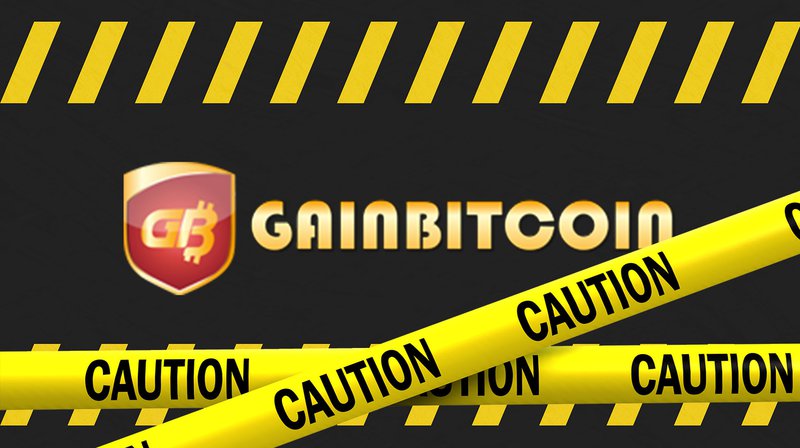Dubious Bitcoin Scheme Uses Ethereum ICO to Keep the Game Going

There has been an interesting turn of events in the case of the alleged India-based Ponzi scheme known as GainBitcoin. Recently, after a Change.org petition from an outraged GainBitcoin investor surfaced, the group behind the scheme launched an Ethereum ICO (initial coin offering) in an effort to keep the probable scam going.
For those who haven’t heard of GainBitcoin, it purports to be a Bitcoin cloud-mining operation; the operation, in turn, is connected to Amit Bhardwaj, founder of Bitcoin mining pool GBMiners. Some Bitcoin companies based in India, such as Zebpay, have warned their customers about schemes like GainBitcoin due to the unrealistic profits for potential investors that are included in their marketing materials.
With the launch of a new token on Ethereum, combined with a marketing campaign that includes support from major Indian newspapers and Bollywood celebrities, it appears this dubious scheme has new life.
According to Bitsonline, GAW Miners Founder Josh Garza used a similar method when inventing Paycoin to continue making payments related to his Ponzi scheme.
The Launch of a New Token
The new token launched by Bhardwaj is known as MCAP, and it was officially launched by the Bitcoin Growth Fund, which is another one of Bhardwaj’s creations. According to the website, the MCAP ICO raised over $19 million at a sale price of $5 per token. The website also claims nearly five million MCAP tokens were sold, some at a discounted rate.
A video posted on the Bitcoin Growth Fund website has similarities to videos associated with the notorious OneCoin scam. For example, the video projects that, according to “various estimates,” the MCAP price could go as high as $100 by May 2018. The video goes as far as to recommend purchasing the token as the price declines as a way to generate even higher returns.
The MCAP token is said to derive its value from investments in cryptocurrency mining, but the connection between the token and cryptocurrency mining profits is never explained.
Although CoinMarketCap indicates MCAP is ranked 35th out of all digital assets by market cap, the cryptocurrency price site indicates a circulating supply of over 30 million tokens. According to Ethplorer, 100 million MCAP tokens exist, but it’s unclear how many of them are in circulation.
The token is currently trading at a little under $4 on cryptocurrency exchange C-CEX. Veteran cryptocurrency trader Jeremy Ross told Bitcoin Magazine that C-CEX is “one of those exchanges you go to to buy the trash.”
At this time, C-CEX and EtherDelta are the only two exchanges where MCAP is listed other than an exchange on the Bitcoin Growth Fund website. It’s unclear how reliable the trading data on the Bitcoin Growth Fund website is since it is also connected to Bhardwaj. OneCoin also hosted an exchange for their own coin at one time, but the exchange, Xcoinx, is currently offline.
A Cryptocurrency Book for Beginners
Like many scams in the Bitcoin space, MCAP is targeted at beginners who do not know the first thing about these sorts of digital assets. Indeed, Amit Bhardwaj has a new book out, titled “Cryptocurrency for Beginners.”
The book is priced at 1,499 Indian rupees (around $23 USD), but those who purchase the book also receive 1,200 Indian rupees’ worth of MCAP for free, as a way to get started with cryptocurrencies.
In addition to peddling his new book to Bitcoin-related news outlets, such as The Cointelegraph and NewsBTC, Bhardwaj was also able to get full, front-page ads for the book in two of India’s largest newspapers: Times of India and Hindustan Times.
Multiple Bollywood celebrities with millions of followers on Twitter have also sent out supportive tweets about the book over the past couple of weeks.
So, with the creation of this new token, GainBitcoin now has the ability to make more payouts to their investors because they can only receive their payouts via MCAP. With the Ethereum ICO, GainBitcoin has effectively created more money out of thin air to keep the scheme going.
The post Dubious Bitcoin Scheme Uses Ethereum ICO to Keep the Game Going appeared first on Bitcoin Magazine.


